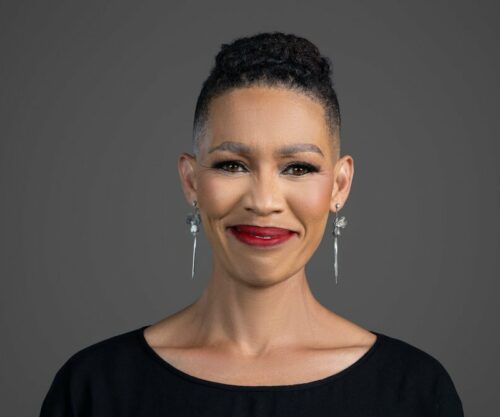
When a South African artist takes on a global icon
In a move that’s stirred the creative community and sparked conversation across Mzansi, poet-turned-musician Ntsiki Mazwai publicly alleged that international rap superstar Nicki Minaj copied her album-cover design. Mazwai took to social channels to say she will never forget what she sees as a blatant act of artistic borrowing without recognition or redress.
The accusation laid bare
Mazwai posted a message to her followers declaring she would “never forget how she copied my album cover, and then the system changed my release dates to try hide it.” She shared a side-by-side image of her original artwork and Nicki Minaj’s more recent cover, arguing the resemblance is too strong to be a coincidence. Social media immediately lit up with reactions ranging from support to derision.
Why this matters at home and abroad
In South Africa, independent artists often fight for visibility, fair credit, and a chance to stand on equal footing with global names. Mazwai’s public call-out highlights that power imbalance. It raises questions about influence, inspiration, and appropriation in a world where global artists can amplify work far beyond local reach.
Social-media buzz and backlash
On X (formerly Twitter) and Instagram, fans debated the merits of the claim. Some rallied behind Mazwai, saying South African creatives deserve protection and respect. Others challenged the comparison, arguing the artworks were distinct or that the bigger issue was being seen rather than settling cover disputes. The hashtag #CoverGate briefly trended in local music-industry circles.
I will never forget how she copied my album cover and then the system changed my release dates to try hide it and make it seem like I was inspired by her. Kanti luckily I had a launch that is on YouTube with the correct date https://t.co/AcvdsFRLFK pic.twitter.com/tKAUwp1VJr
— NtsikiMazwaiMedia (@ntsikimazwai) November 22, 2025
The unseen history and cultural angle
Mazwai is well known in South Africa as a voice of protest, expression, and empowerment. Her body of work often intersects with social commentary. Against that backdrop, this claim takes on additional weight. It is not merely about a cover image—it touches on systemic issues of whose art is seen, whose voice is heard, and who gets honoured when ideas cross borders.
Let’s hope Nicki stays in her lane 🤣 pic.twitter.com/Xvre06OhwA
— NtsikiMazwaiMedia (@ntsikimazwai) November 22, 2025
A fresh interpretation: Beyond the complaint
Instead of viewing this as simply a feud, we might frame it as a moment of agency for South African artists. Mazwai’s call-out reminds the industry that “influence” is not free and artistic inspiration doesn’t equal permission. In the digital age, covers, visuals, and branding carry as much weight as the music. For South African creatives, this could be a turning point in asserting value and visibility.
What follows, and why we should watch
There is no official response from Nicki Minaj’s camp yet, nor any legal action announced publicly. But the story is already significant for what it says about culture, respect, and creative equity. Whether Mazwai’s claim will translate into public reckoning, industry changes, or collaboration offers remains to be seen. Either way, this moment is one for the local music ecosystem to reflect, act, and amplify.
Source: Briefly News
Featured Image: News24




